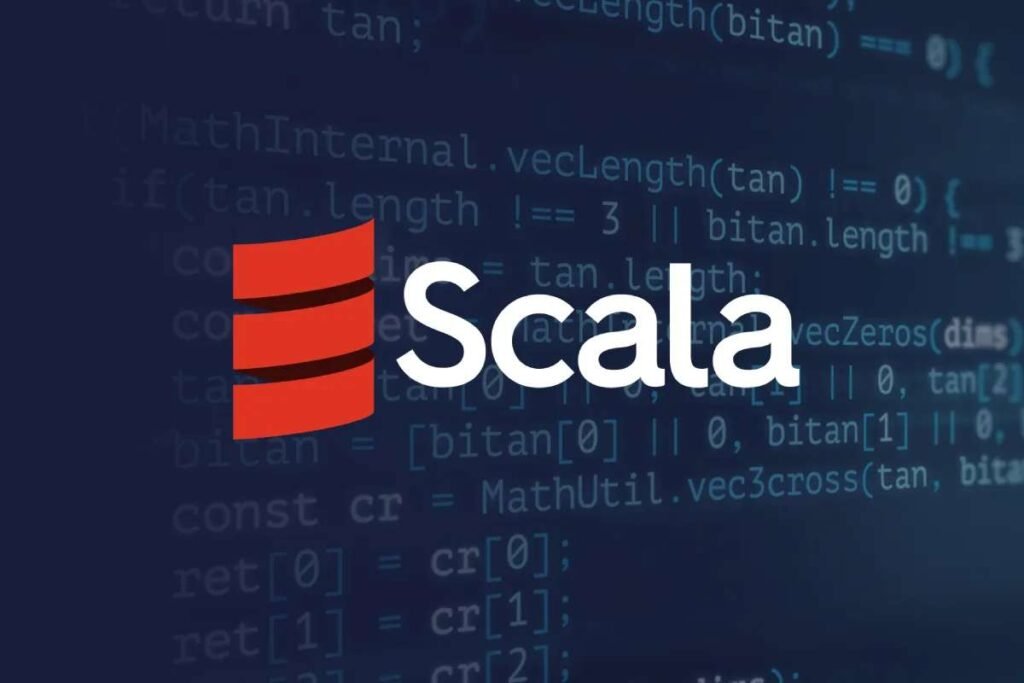Artificial Intelligence (AI) is reshaping industries, driving automation, and revolutionizing the way we interact with technology. Whether you’re developing machine learning models, creating neural networks, or working on natural language processing (NLP), choosing the right programming language is essential. But with so many options available, which ones stand out?
Here, we’ll explore the best programming languages for AI, their strengths, and how they contribute to AI development.
10 Programming Languages for AI: Strengths and Contributions
1. Python
Python is the undisputed leader in AI development. It’s widely used for machine learning, deep learning, and data science, thanks to its simplicity and extensive library support. Frameworks like TensorFlow, PyTorch, and Scikit-learn make Python the go-to choice for AI engineers.
What is Python used for in AI?
Python is used for building machine learning models, automating tasks, and creating AI-driven applications such as chatbots, recommendation systems, and image recognition software.
2. R
R is a powerful language for statistical computing and data visualization. It’s commonly used in AI projects that require deep statistical analysis. Libraries like caret and randomForest support AI model development.
What is R used for in AI?
R is primarily used for analyzing large datasets, performing statistical modeling, and implementing machine learning algorithms for research and development.
Also Read: In-Demand Programming Languages: A Comprehensive Guide
3. Java

Java’s versatility and scalability make it a strong choice for AI development, particularly in enterprise applications. It’s often used in AI-powered chatbots, fraud detection systems, and cybersecurity applications.
What is Java used for in AI?
Java is used for building large-scale AI systems, integrating AI into business applications, and handling complex AI-driven processes.
4. C++
C++ is known for its speed and efficiency, making it suitable for AI applications requiring high-performance computing, such as gaming AI and real-time decision-making systems.
What is C++ used for in AI?
C++ is widely used for developing AI in robotics, autonomous systems, and high-speed AI-driven simulations.
5. Julia
Julia is a rising star in AI and machine learning. Its high-performance computing capabilities make it ideal for handling massive datasets and complex numerical computations.
What is Julia used for in AI?
Julia is used for high-performance machine learning applications, scientific computing, and mathematical modeling in AI research.
Also Read: Tech Pay Guide: 9 Key Factors That Influence Developer Salaries
6. Lisp

Lisp is one of the oldest programming languages for AI and is still relevant today due to its flexibility and symbolic processing capabilities. It’s often used in NLP and AI-driven expert systems.
What is Lisp used for in AI?
Lisp is used for developing AI algorithms, processing symbolic data, and building intelligent agents for automation.
7. Prolog
Prolog is a logic-based AI language that excels in problem-solving and knowledge representation. It’s widely used in AI research and applications like expert systems and automated reasoning.
What is Prolog used for in AI?
Prolog is used for developing AI-based reasoning systems, chatbots, and rule-based AI applications.
8. JavaScript
JavaScript plays a growing role in AI development, especially for web-based AI applications. Frameworks like TensorFlow.js allow developers to run machine learning models directly in the browser.
What is JavaScript used for in AI?
JavaScript is used for developing AI-powered web applications, real-time data visualization, and interactive AI-driven tools.
9. Scala

Scala, known for its functional programming capabilities, is gaining popularity in AI and big data analytics. It’s often used with Apache Spark for handling massive datasets.
What is Scala used for in AI?
Scala is used for processing large-scale AI data, implementing machine learning models, and integrating AI into big data platforms.
Also Read: Mobile App Developers: Driving Innovation in the Digital Age
10. Swift
Swift, Apple’s preferred programming language, is becoming more relevant in AI for mobile applications. It’s used in AI-powered iOS apps, including voice recognition and image processing tools.
What is Swift used for in AI?
Swift is used for developing AI-powered mobile applications, integrating AI into iOS apps, and processing machine learning models on Apple devices.
FAQ:
1. Will AI replace coding jobs?
While AI is automating some aspects of coding, it is unlikely to replace human programmers entirely. Instead, AI will assist developers by generating code, debugging, and optimizing performance. However, skilled programmers will still be needed to build and maintain AI systems.
2. How to choose an AI programming language?
Selecting the right programming languages for AI depends on several factors:
Project requirements – Do you need speed, scalability, or flexibility?
Community support – Popular languages like Python have vast resources.
Ease of learning – Some languages are more beginner-friendly than others.
Performance – If speed is critical, languages like C++ or Julia might be better.
3. Which coding language is best for AI?
The best language depends on the specific AI project. However, Python remains the top choice due to its ease of use, extensive libraries, and community support. Other programming languages for AI like Java, C++, and R also have significant roles in AI development.
Conclusion
Choosing the right programming languages for AI is crucial for building efficient and scalable AI applications. While Python dominates the AI landscape, other languages like Java, C++, R, and Julia have their own advantages depending on the use case. Whether you’re a beginner or an experienced developer, understanding these languages can help you build smarter and more powerful AI solutions.










